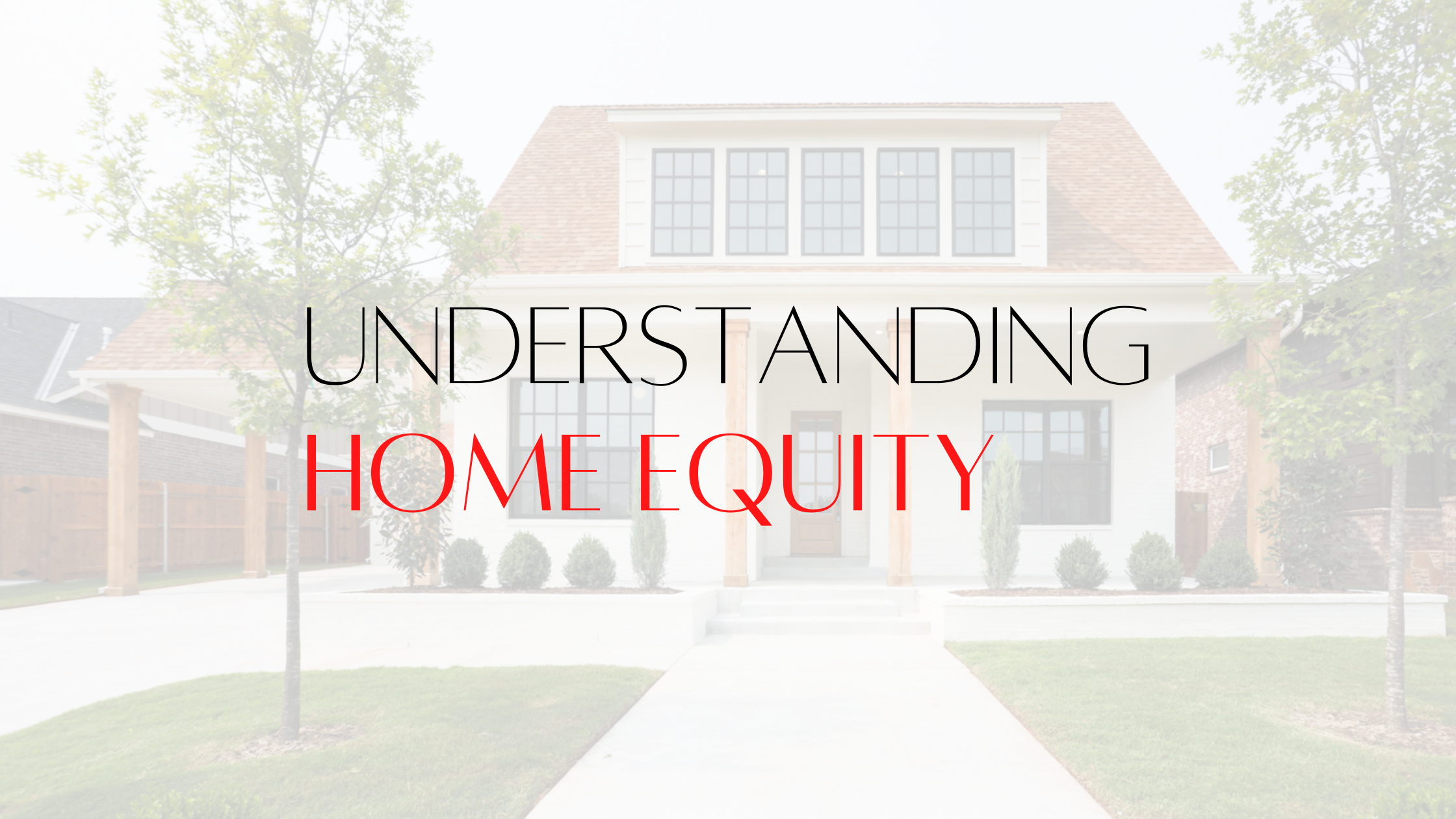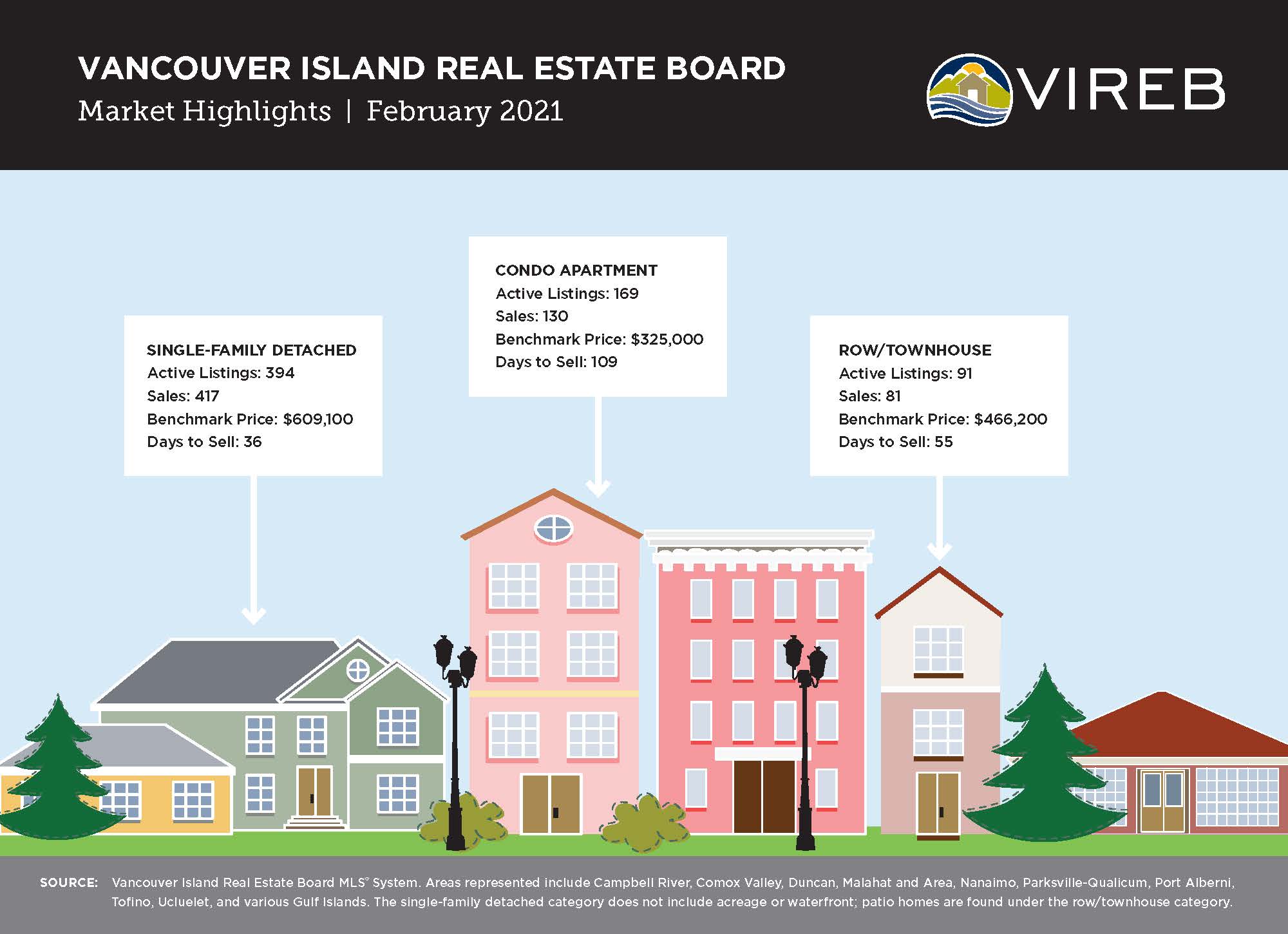If you have a home to sell, you’re probably excited to get the process started. There are many things you need to consider when selling your property, and it’s hard not to feel overwhelmed by the task. The good news is we’ve done extensive research about what you need to know about selling your home – and we’ve answered the questions you’re probably wondering:
How will you determine my home’s value?
To determine your home’s value and set a listing price, I will complete a Comparative Market Analysis. The CMA uses recent sales of homes close in geography, age, size, and features to yours. (A CMA is not the same as an appraisal, which a licensed appraiser can perform.)
Is it a good idea to start high?
Many sellers like the idea of “starting high” to see if they get higher offers, but this strategy isn’t usually practical. First, buyers may not see your listing if they use a price filter set to what they expect prices in the area to run. Second, you run the risk of the appraisal coming in lower than your contract price, which will require your contract to be renegotiated or canceled. Third, if your listing price puts your home higher than your neighborhood value, your home will likely sit on the market longer as buyers wait for you to make a reduction. It’s best to set a realistic listing price that will bring you buyers quickly. My goal is always to get you the highest possible price in the shortest amount of time.
What percentage of the listing price can I expect to get?
The list-to-sell ratio is determined by dividing the selling price by the listing price. The ratio is largely market-driven. In a sellers’ market, which is when inventory is low, sellers may get close to 100% or over 100% if the home sells above list price. In a market with a large inventory of homes, a buyers’ market, buyers have more negotiating power, so the list-to-sell ratio may be closer to 90%. My goal is to get you as close to a 100% list-to-sell ratio as the market will bear.
How soon can I get my home on MLS?
Once we agree to work together, I will begin gathering information on your home and preparing your MLS listing contract. I will also schedule a time for a professional photographer to take photos of the property. As soon as all the information and pictures your listing can go live on MLS.
What do I need to do to get ready to list?
For your part, it’s a good idea to begin cleaning out or organizing storage spaces, closets, and drawers and putting away some of your décor or belongings. You may also want to have the exterior pressure washed, and the landscaping cleaned up. We can talk further about specific things that will help your home show better.
How will showings be conducted?
You and I will agree on the terms you are comfortable with for showings. We want to make the home accessible to buyers without too much disruption to your personal life. We can use a showing schedule, and unless we agree otherwise, I will notify you in advance of showing requests. We use electronic lockboxes that only active members of our local Realtors association can access. We can set the lockbox on a schedule, if necessary. Any time the lockbox is accessed, I receive a notification.
How will you market my property?
Marketing your listing is of utmost importance. Most buyers find their properties online through MLS (via their agent,) Realtor.ca or other search engines. Listings in our MLS system automatically show up on these sites within a day or two of becoming active. In addition, I share my listings with the agents in my network, on my website, and on my social media. We can discuss additional opportunities such as hosting open houses,online advertising, and marketing within your neighborhood.
How long will it take to find a buyer?
Several factors influence the time it takes to find a buyer. These include the market conditions, price range (higher-priced or luxury homes typically take longer to sell,) location (whether your home is in a desirable neighborhood or a unique location,) and the condition of the home (is move-in ready or in need of renovations?) In a balanced market, most houses, when priced accurately and without significant damage or extenuating circumstances, go under contract within thirty days. Homes sell faster in a seller’s market, while buyers take more time to look when inventory is high.
Will you qualify the buyer?
When an offer is received, I will work with the buyer’s agent to vet the buyer. All offers should be accompanied by either a pre-approval from a mortgage lender or, if paying cash, by verification of funds available to cover the purchase price. Once you accept an offer, the buyer must put down the agreed upon deposit, schedule any inspections as stipulated in the contract, and, if financing is involved, their lender will initiate the loan approval process. I will stay in close contact with the buyer’s agent to make sure due process is followed.
What are the costs involved?
The seller usually pays for the real estate agent fees, which are divided between the buyer’s agent and the seller’s agent. The seller also pays their share of the property taxes. If the full annual amount has been paid, the buyer will repay their portion back to the seller at closing.
Will you also represent the buyer?
In our market, there is a ban on dual agency. A real estate agent cannot be in an agency relationship with both the buyer and the seller in a transaction.
Can I cancel if I find my own buyer?
The listing agreement is a contract between you and me and/or my brokerage. It stipulates the terms for cancellation, which you are encouraged to review. Once we have signed the listing agreement, a prospective buyer that approaches you directly should be redirected to me.
How often will we communicate?
Communication is key to an easy and successful sale. I will keep you appraised of events every step of the way. You are welcome to reach out to me with questions or concerns. When we go over the listing information, we will discuss our preferred means of communication and schedules to make sure we know each other’s availability and boundaries.
Thinking of selling? I'm here to help! Shoot me a message or give me a call today.
.png?cc=1672767811904)









